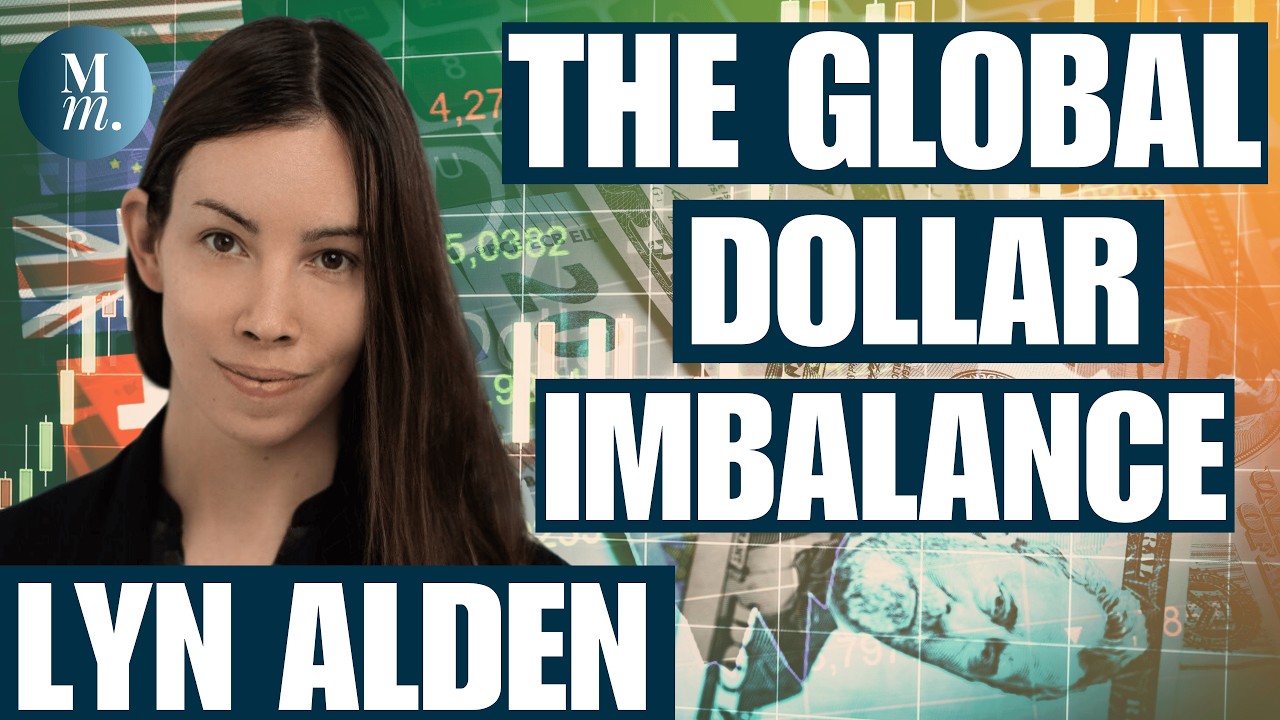Opinions of Lyn Alden
Lyn Alden Overview what Could be the monetary consequences of a trade war
Excellence interview by Lyn to understand that this trade war goes beyond reducing trade deficits, and in reality the US has a lot of vulnerabilities tied to it.
- The U.S. trade deficit enables dollars to flow abroad, meeting global reserve currency demand.
- Global dollar demand (reserves, funding, trade) creates a constant bid, keeping the dollar stronger than it otherwise would be → this hurts U.S. manufacturing competitiveness.
- Foreign holders often reinvest part of these trade surplus dollars into U.S. assets → A 20–30% drop in the trade deficit could reduce capital inflows and weigh on US asset prices.
- Many countries owe dollar denominated debt (to the US and between themselves) creating inelastic demand for $. If dollar supply shrinks, they may also be force to sell U.S. assets to meet obligations → risking illiquid price drops.
- China (and other countries) could also leverage its Treasury holdings in a trade dispute, affecting U.S. financial markets. → this is the US vulnerability, especially in the face of huge fiscal deficits
- Reviving manufacturing requires years of investment in automation, workforce, and energy → not easily fixed with tariffs.
- Stagflation risk emerges if tariffs disrupt supply chains while deficits are monetized by the Fed.
Investments Outlook:
- Markets may stay choppy, with some bullish spots. This is now a market driven by headline news
- In stagflation, gold and bitcoin could outperform U.S. stocks as they don’t rely on margins and may benefit if the Fed adds liquidity. Being global assets, they’re less affected by U.S. outflows.
- Bond yields may not rise much, but likely won’t fall as expected in a recession either, they may remain choppy. With potential downside risks especially if foreign holders like China sell Treasuries.
- Alden prefers foreign markets over U.S. stocks due to capital flow risks, high valuations, and shifting U.S. policy.
- While dollar demand stays firm due to debt, Alden sees a small but rising chance of a sharp dollar sell-off.
